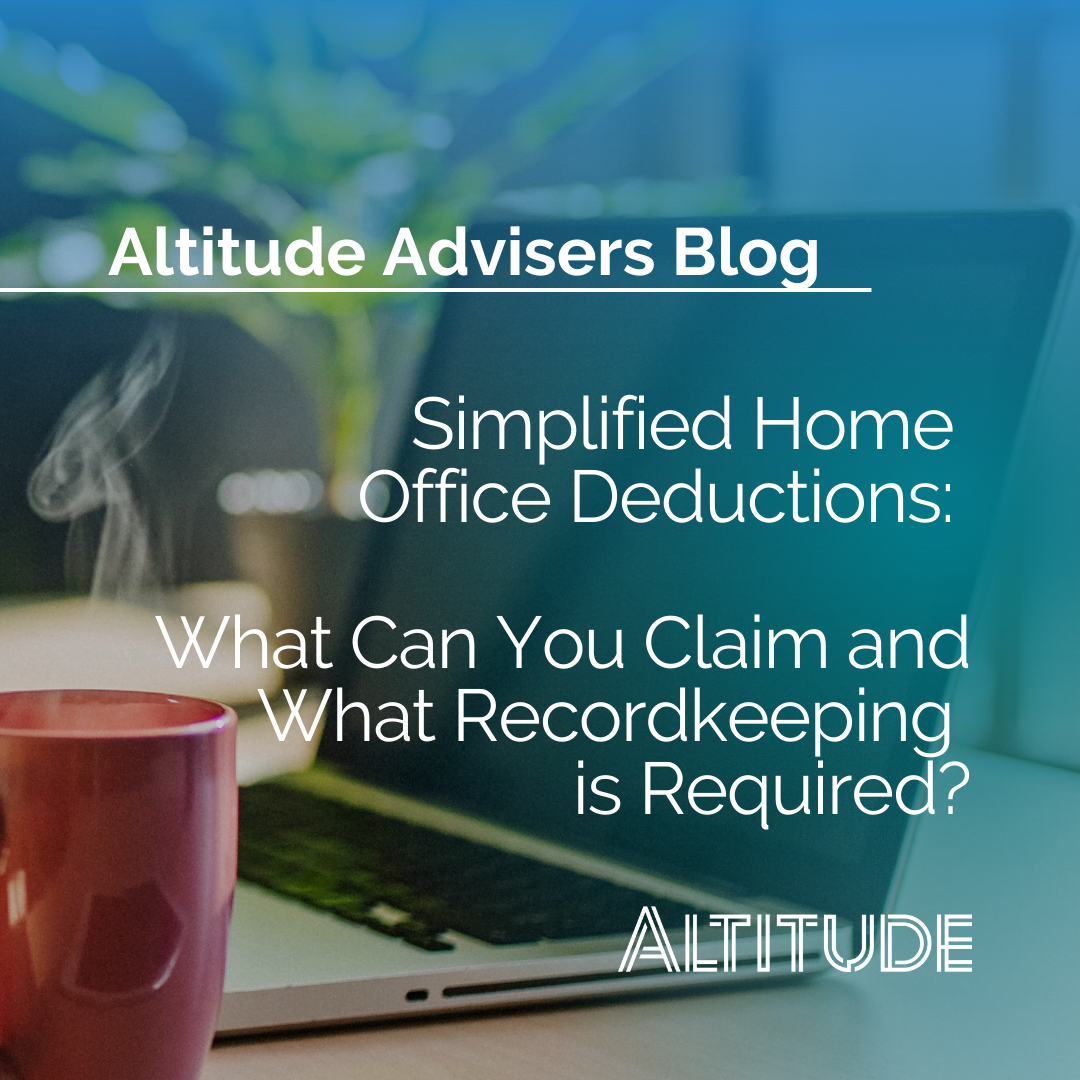
Navigating the ATO’s Revised Home Office Recordkeeping Guidelines: What You Need to Know
Working from home has become the norm for many Australians, especially amidst the changing landscape of employment. With this shift, the Australian Taxation Office (ATO) has introduced refreshed guidelines for taxpayers claiming deductions for home office expenses. These updates aim to better align with contemporary work-from-home arrangements. In this article, we’ll delve into the revised recordkeeping expectations outlined by Assistant Commissioner Tim Loh and shed light on the two methods available for claiming deductions.
Eligibility and Importance of Recordkeeping
Before delving into the details, it is crucial to ensure eligibility for claiming working from home expenses. Taxpayers must be genuinely working from home to fulfill their employment duties, incurring additional expenses as a direct result. Minimal tasks such as occasional email checks or phone calls do not qualify. Regardless of the chosen method, maintaining accurate records is essential, allowing flexibility in selecting the most beneficial deduction method based on individual circumstances.
Reimbursements from employers for claimed expenses cannot be double dipped as deductions.
Revised Fixed Rate Method (Shortcut Method)
The most significant change announced by the ATO pertains to the revised fixed rate method, applicable from 1 July 2022 for the 2022–23 income tax returns. The fixed rate has increased from 52 cents to 67 cents per work hour The new rate is now inclusive of electricity, gas, phone usage (mobile and home), internet costs, stationery, and computer consumables. Depreciation on assets such as computer equipment and office furniture, is claimed separately.
Under the revised fixed rate method, taxpayers are no longer required to have a dedicated home office space to claim working from home expenses. This change acknowledges the diverse ways in which individuals now carry out their professional responsibilities, making it more accessible for everyday Australians.
Revised Fixed Rate Method – Recordkeeping
From 1 March 2023, the ATO no longer accepts a four-week diary. Taxpayers will be required to document all hours spent working from home every day on an ongoing basis in a diary, timesheet or work log.
Actual Cost Method
The actual cost method remains unchanged, allowing taxpayers to claim the work-related portion of all running expenses in relation to a dedicated home office space, including electricity, gas, phone usage (mobile and home), internet costs, stationery, computer consumables and cleaning.
In addition, a portion of occupancy costs including mortgage interest, rent and house insurance can be claimed when you work 100% from home because you have no alternative workplace. Beware, a homeowner claiming occupancy costs will not receive a full Capital Gains Tax (CGT) exemption on sale of their home in the future. The benefits of occupancy deductions should be weighed up against the future CGT cost on sale in each case.
Actual Cost Method – Recordkeeping
It is essential to maintain detailed records of the expenses being claimed. A floor plan of your home with the floor area used when work from home establishes the portion of expenses you can deduct. For each expense, all receipts and bills need to be kept. For phone expenses and internet costs, an itemized statement highlighting the work-related use needs to be kept for at least one month. Finally, taxpayers will be required to document all hours spent working from home on an ongoing, daily basis in a diary, timesheet or work log.
Seeking Professional Assistance
The Australian Taxation Office’s changes to working from home deductions provide greater accessibility and fairness for taxpayers. The revised fixed rate method requires more recordkeeping than in the past but removes the dedicated home office requirement reflect the modern work landscape. These changes make it easier for individuals to claim their work-related expenses accurately and maximize their entitlements.
For those in need of guidance or advice regarding claiming working from home expenses, it is advisable to consult a registered tax professional. They can provide personalized assistance based on individual circumstances and ensure compliance with the ATO guidelines.


